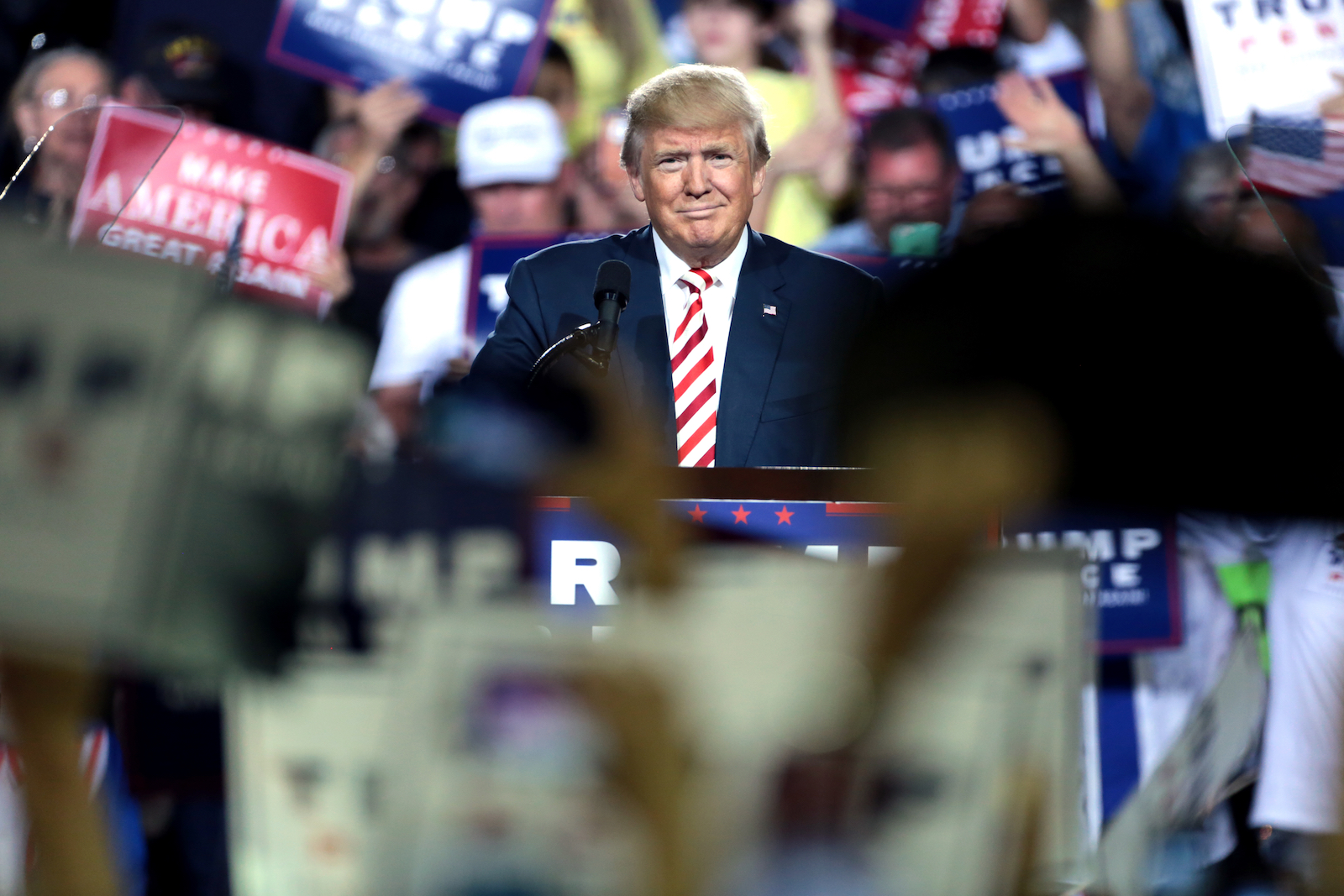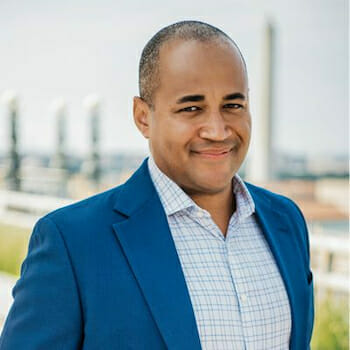
Politics
Free, Fair and (Mostly) Unfettered
Now that the second shoe has dropped making 2016 the year of popular revolt against status quo, an unusual mix of elation, confusion, sadness and anger have descended on the U.S, -which becomes the second major economy to turn its sights inward after the UK’s Brexit vote. The backlash against President-elect Trump, which has now taken to the streets in 9 cities across the country, speaks to the combustible mix of populism, pluralism and urbanism that have changed the electoral map and claimed a few victims.
The first victim of this unprecedented election is the polling industry. The second may very well be the already moribund daily newspaper, in which all but one national daily heard the voice of Trump’s supporters. The contentious outcome, however, begs a broader question as to whether the election was free, fair and unfettered – something that will be the subject of many a conspiracy theory.
On the question of free and fair, Secretary Clinton’s gracious concession speech and President Obama’s eloquent exhortation that the sun will continue to rise indicate that a peaceful transition of power will ensue – as much was registered in the rally of the usually skittish global stock markets, although implied volatility remains high. Additionally, Trump’s victory, including in once solidly blue states, suggests the incoming President has hit an important national chord, which he will have to moderate in order to unite a divided country.
On the question of whether the election was unfettered, lingering doubts will remain for years to come, in no small measure because the U.S. electoral process labored under the constant strain of an unseen level of foreign meddling and cyber-attacks. These attacks, which largely targeted the crestfallen Clinton campaign and the DNC more generally, were not singularly an act of aggression on a candidate or party. Rather they were an attack on the country and the electoral process we hold so dear.
In the end, the Clinton campaign lost by what appears to be a fair and square process, but it is not without a sense of irony that in the age of social media, Anthony’s Weiner’s salacious behavior signaled the death knell of the campaign. Questions will also linger about FBI Director, James Comey’s ill-fated timing of his announcement that an email investigation was back on. While this slashed Secretary Clinton’s lead in the polls, the real missing link was that the polls clearly labored from a deep flaw – one the risk management discipline calls “model error.”
The polls clearly instilled a false sense of confidence in both parties about how to deal with, and in the early days, dismiss then candidate now President-elect Trump. For his detractors, and there are many, perhaps the silver lining of this improbable leader is that he will herald a renewal of the 2 party system that clearly lost touch with the very people they were designed to serve. It should not be forgotten that Trump began his campaign by putting the Republican Party on notice and then triggering bitter internecine fighting with all of the Republican elite. He later took this fight to the Democratic Party and emerged the victor. When an electorate wants deep change, as in the UK and now the U.S., it is not enough to defend status quo with mere opposition.
President-elect Trump’s electoral promises of walls, disengagement, withdrawing from NATO and many others will prove to be serious tests of our last line of defense against unchecked power – namely our system of checks and balances. On the other hand, President-elect Trump’s unique opportunity to be the first untethered president in in recent memory with few political favors to repay may yet make him an effective leader, in particular as it relates to shoring up the lost belief amongst a broad cross-section of the working class in the American Dream. While his hard fought campaign often appealed to the lowest common denominator, as an elected leader of a country with deep fissures, he must now turn his sights on mending the country, maintaining confidence amongst our allies and building bridges of the real and figurative variety.
The American Dream has always been a fleeting prospect, which since the founding of this great nation attracted the world’s most industrious people united in their economic self-interest to make it so. On January 20, 2017 President Trump inherits a country whose infrastructure is groaning under the strain of interstate and global commerce. He also inherits a public, many of whom are both his staunchest advocates and detractors, who play a ZIP code lottery in order to get an ROI on their public education investments. A globally competitive workforce and a globally competitive U.S. economy, depends on how quickly we can repurpose our human capital for the unfilled jobs of the present and the uncreated jobs of the future. Arguing that immigrants are taking our jobs, misses the point of how much our economic output has shifted from traditional blue collar work to middle skills and ultimately the knowledge economy.
Economic and social mobility are no longer zero-sum propositions, where I have to win at your expense. The very disaffected voters who gave Trump his mandate will be keeping close tabs on how their lot in life improves. This improvement requires as much soul searching as it does investment in our educational system, infrastructure and tackling a wide range of long term challenges that get little attention in 4 year electoral cycles. Retaining the country’s greatness relies singularly on this challenge for which populism alone provides momentary relief.
On the global stage, the U.S. now resembles the very emerging markets we have tried to reform and understand. This political uncertainty, which will make the country harder to read by our people, enemies and allies alike may also neutralize and counter-balance an equally confounding global order. We should not make any mistakes about the dire global challenges requiring U.S. leadership, long range focus and global consensus. Chief among these, the very issues that were barely touched during acrimonious presidential debates, are climate change, global security and humanitarian obligations. In a world increasingly governed by man-made risk, the concept of “Fortress America” is not only porous, it is dangerous. Zika mosquitoes like hate-filled ideologies and extreme weather events do not respect national borders. President-elect Trump’s first 100 days in office, like a peaceful transition of power, are hallmarks of U.S. democracy and the brightest beacons of our brand. As in times past where Lincoln once warned of the dangers of a house divided, the embers of social upheaval must be quenched with a sense of relief that President-elect Trump represents the entire country. Until then a weary world will be watching.

